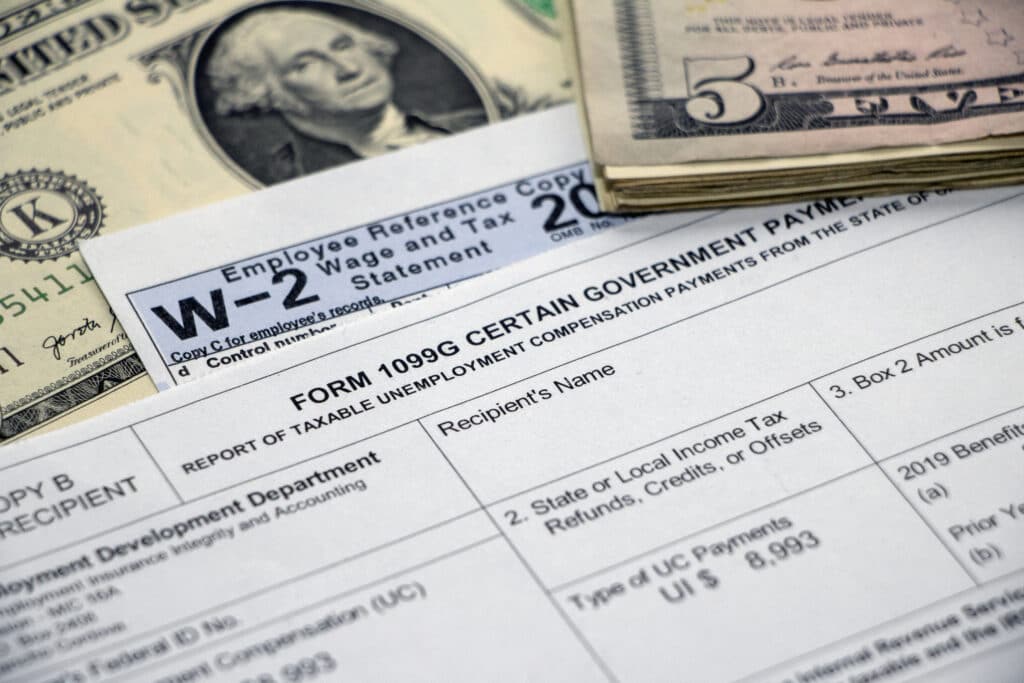The Senate version of the American Rescue Plan of 2021, signed into law on March 11, 2021, by President Biden, added a special rule that applies to unemployment compensation for taxable years “beginning in 2020.” The provision survived the reconciliation process and is now part of the federal income tax law. Under this new law, the taxpayer may exclude up to $10,200 of unemployment compensation from income if the adjusted gross income (AGI) of the taxpayer (as computed under the rules for this provision) is less than $150,000. If a joint return is filed, then each spouse can exclude up to $10,200 of their own unemployment compensation; however, the AGI cut-off does not go up for the married couple.
For purposes of determining if a taxpayer has adjusted gross income in excess of the $150,000 limit, AGI is computed by:
- Not taking into account any exclusion of unemployment compensation under this provision, and
- After applying the following sections of the Internal Revenue Code, (remembering that taxpayers are assuming initially the unemployment compensation is taxable):
- Calculation of taxable social security benefits under IRC §86;
- Exclusion from income for certain U.S. Savings Bond interest used to pay educational expenses under IRC §135;
- Exclusion from income of employer adoption assistance under IRC §137;
- Deduction for a contribution to a traditional IRA under IRC §219;
- Deduction for interest on a qualified education loan under IRC §221;
- Deduction for qualified tuition and related expenses under IRC §222; and
- Passive loss deductions (in particular the deduction for active rental real estate losses) under §469.
The law also makes certain other conforming amendments to those provisions listed above.
Note that this is a “cliff” limitation (rather than a phase-out). At $149,999 of modified adjusted gross income, a full $20,400 exclusion would be available to the taxpayer, but if one additional dollar of income is added, the full $20,400 of unemployment compensation becomes taxable.
The new revised IRC §85, titled, “Unemployment Compensation” includes the following modification after the amendment in the American Rescue Plan of 2021:
IRC §85(c) Special Rule for 2020
(1) In general. In the case of any taxable year beginning in 2020, if the adjusted gross income of the taxpayer for such taxable year is less than $150,000, the gross income of such taxpayer shall not include so much of the unemployment compensation received by such taxpayer (or, in the case of a joint return, received by each spouse) as does not exceed $10,200.
(2) Application. For purposes of paragraph (1), the adjusted gross income of the taxpayer shall be determined:
(A) after application of sections 86, 135, 137, 219, 221, 222, and 469, and
(B) without regard to this section.
View additional information about how to report the exclusion on the IRS website. Please contact Bob Grossman or Don Johnston at 412-338-9300. with questions or comments.
Related Posts:
$1.9 trillion American Rescue Plan Act of 2021 Signed into Law








